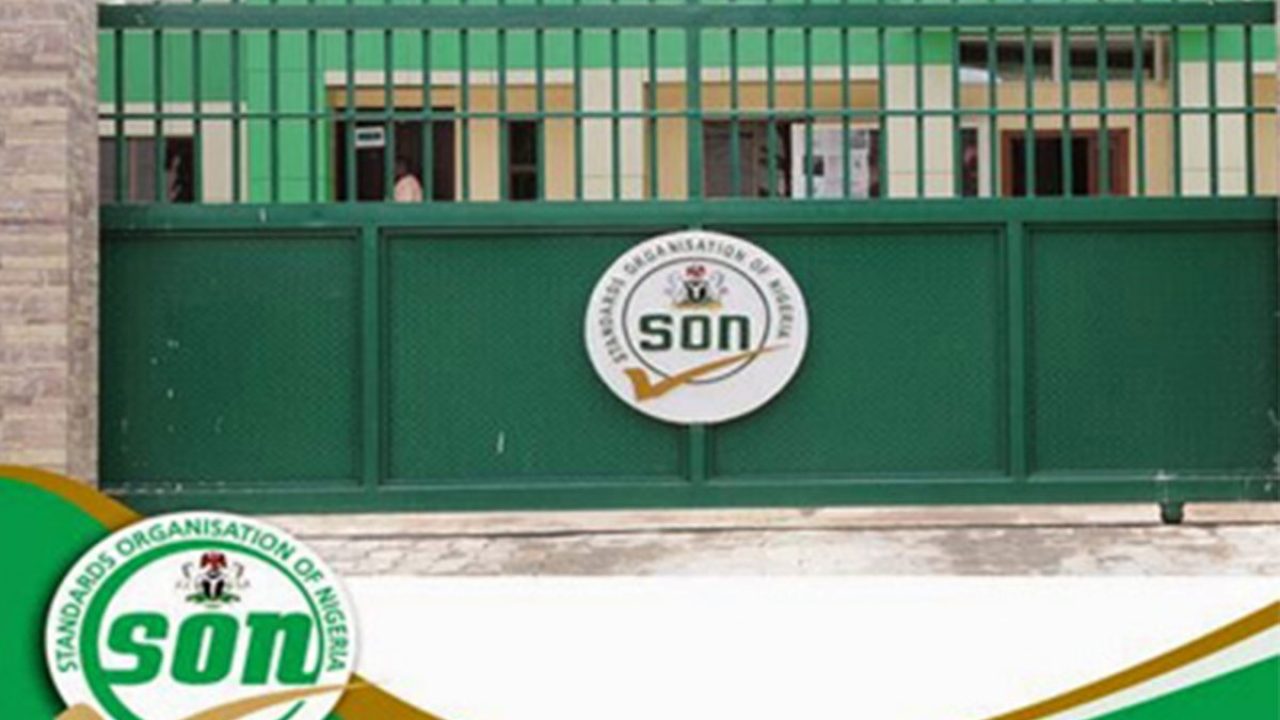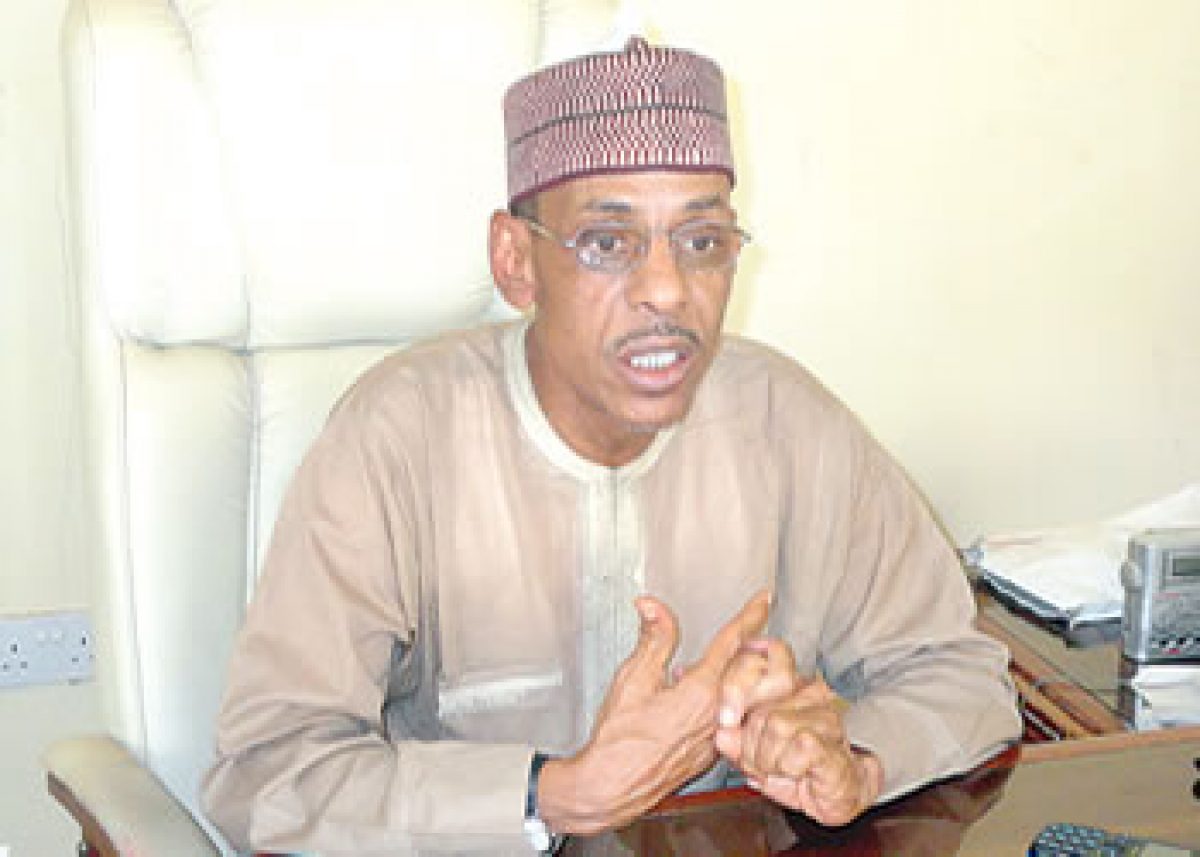Continuous innovations and systemic periodic reviews are some of the ways that organisations live up to demands and dynamics of a constantly changing world.
Organisations which timely retool operations have been able to flow with the tide. It would appear from all intents and purposes that the Standards Organisation of Nigeria (SON), is indeed a pivotal Federal Government’s quest to grow the economy.
According to industry watchers the unprecedented integration of SON’s services and certifications into the Nigeria integrated Customs Information System (NICIS) for fast and seamless services, represents an encore ever scored by the agency now headed by Mallam Farouk Salim. It was disclosed that automation of services would go a long way to checking the prevalence of counterfeiting, little surprise that the agency said in no distance time, the level of sub-standard products circulating in the country would be drastically reduced.
Curiously, trade facilitation has since become the concern among nations of the world; as efforts to eliminate barriers and attain break-through in international trade and global competitiveness intensify.
To Mallam Salim, NICIS is a “Nigeria project that would enable us to transact business no matter where we are. It is a system that no longer allows you to come to SON’s offices across the country to seek your products certifications. What we as an organisation has done concerning developing the trade portal and NICIS covers critical areas such as converting all SON certifications and certificates to electronic format, online transmission of certificate to trade portal/NICIS by consignee for FORM “M”, SON’s Conformity Assessment Programme (SONCAP) certificate and Pre-Arrival Assessment Report (PAAR) consignment processing at the comfort of the person’s office”.
Analysts say Nigeria’s quest for economic diversification and global relevance requires that hard choices towards attaining competitiveness, inclusive growth and sustainability need to be made. Nigeria is one of the biggest emerging markets as well as investment and business destination hub in Africa, but Nigeria, Africa’s biggest economy, is yet to take the momentum of time.
Regrettably, the macroeconomic space is still characterised by negative outcomes such as the continuous unstable oil prices, COVID-19, ENDSARS violence, foreign exchange instability, weak institutions, dilapidated infrastructure, high level of unemployment and job losses. Therefore, the nation’s index on trade competitiveness has continued to witness serious decline. What is to be done?
One way out of the economic cul de sac, according to stakeholders, is trade facilitation. SON as one of the federal agencies is indeed at the vanguard of this initiative which is intended to drive home the agency’s services delivery capabilities.
Trade facilitation through automation of SON’s services is a veritable platform which the agency has since launched for effective and easy inter-connectivity that primarily provides HS Codes regulated by SON and the requirements for regulated products on www.trade.gov.ng/son as well as setting up a Customer/Consumer Helpdesk at major markets across the country including Abuja.
The immense and numerous benefits of the automated system towards concerted efforts at trade facilitation include:
Provide easy access to information on products regulated by SON (consignees can confirm if a product is regulated by SON by visiting www.trade.gov.ng/son).
Implementation of strong document authentication system using different methods and electronic signature for all sensitive electronic documents
Instant notification of regulatory status of any product during Form ‘M’ and PAAR consignment processing trade facilitation through reducing the time spent in advance pre-lodgment of electronic document; facilitate trade by reducing restrictions inherent in clearance of goods through Nigerian ports thus enhancing customers’ satisfaction among others.
Trade facilitation would help Nigerian industrialists, freight forwarders, importers and operators in both organised private sector and public institutions to carry out their businesses smoothly and successfully.
Over 50 government agencies are connected to the service. Our checks reveal that some of the agencies and departments interconnected to system include: Revenue Mobilisation, Allocation and Fiscal Commission, Economic and Financial Crimes Commission (EFCC), Nigerian Ports Authority (NPA), National Bureau of Statistics, Nigerian Shippers Council, Nigeria Maritime Administration and Safety Agency (NIMASA), the Presidency, Nigerian Customs Service (NCS), SON, Nigerian Immigrations Service, among others. Inter and intra-agency and governmental co-operation, collaborations and synergies have equally been enhanced via e-transactions.
However, some industry watchers have expressed concern over SON exit from the ports. They believe that the exit of SON from the nation’s ports is causing more consequential damage to the freight forwarders, manufacturers and the economy at large. SON is one of the federal agencies directed by the Federal Government in 2011 to vacate the ports in order to reduce the number of government agencies in the ports. About 16 agencies operated in the ports before the directive came in 2011. Now, the industry watchers and major associations have said that SON needs to return to the ports in order to properly execute its mandate of standard regulation and enforcement.
Founder of National Association of Government Approved Freight Forwarders (NAGAFF), Dr Boniface Aniebonam has advocated for the return of the Standards Organisation of Nigeria (SON) to the seaports. Speaking at the Second Edition of the Round Table Conference with the members of the League of Maritime Editors and Publishers in Lagos, Dr Aniebonam explained that SON’s presence at the ports would make the job of cargo delivery more seamless.
Aniebonam said:”SON is not clamouring to come back to the ports. We (Freight forwarders) are the one requesting for them to come back to the ports so that our job of cargo delivery to the owners would not be obstructed. We are not comfortable anymore because of the inherent hardship we are passing through with the enforcement units of different government agencies found on the city roads. We are daily losing money.
“What we are saying is that SON should be at the ports so that if any job is having problems, her officials are there to tackle the problems immediately, so that the cargo can get to the owners quickly and we collect our money.”
Buttressing the NAGAFF view, recently, the President, Manufacturers Association of Nigeria (MAN), Engr. Mansur Ahmed, is canvassing for Federal Government support for SON to return to port to check influx of substandard products in the country.
“The presence of SON at the seaports would make its work more efficient and effective rather than allowing it to chase containers on the highways and markets.
“We have made strong representations to the relevant ministries and the agencies and we’re making steady progress to ensure that there would be smooth operations at the ports when SON is returned’’.
“I believe that when they do that, the whole system will be harmonised so as not to generate congestion at the ports.
“That was what led to the problem, but I believe that with the use of technology, better system would be put in place so that SON would be linked with other agencies to have one-stop shop,’’ Ahmed said.
Meanwhile, SON officials claim that the zero tolerance campaign encapsulated in “Operation Remove” against adulterated, counterfeit and sub-standard products circulating in the country would remain a flash in the pan if the agency is not returned to the ports. About 80 per cent of imported products come into the country through the ports. With e- certificates, it was disclosed that SON is fighting hard to ensure importers and dealers of sub-standard products would no longer have the opportunity to process the importation of such products. This is even as the agency has continued to strengthen its enforcement mechanism to track all products coming into the country.













